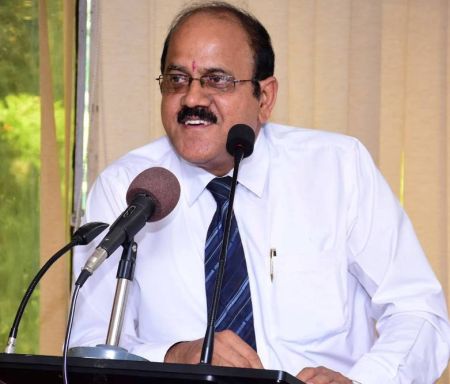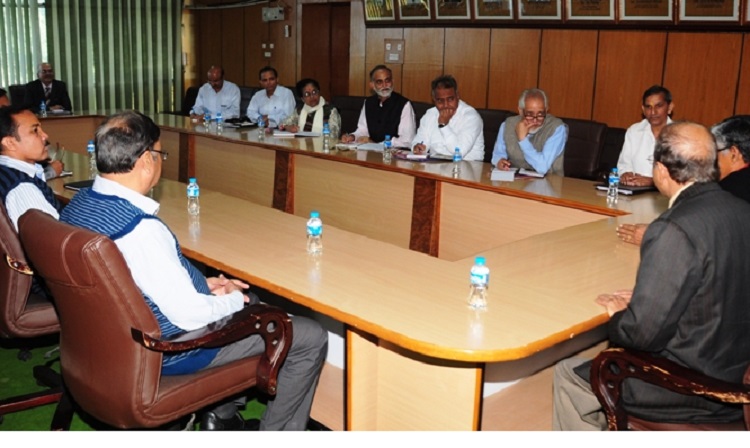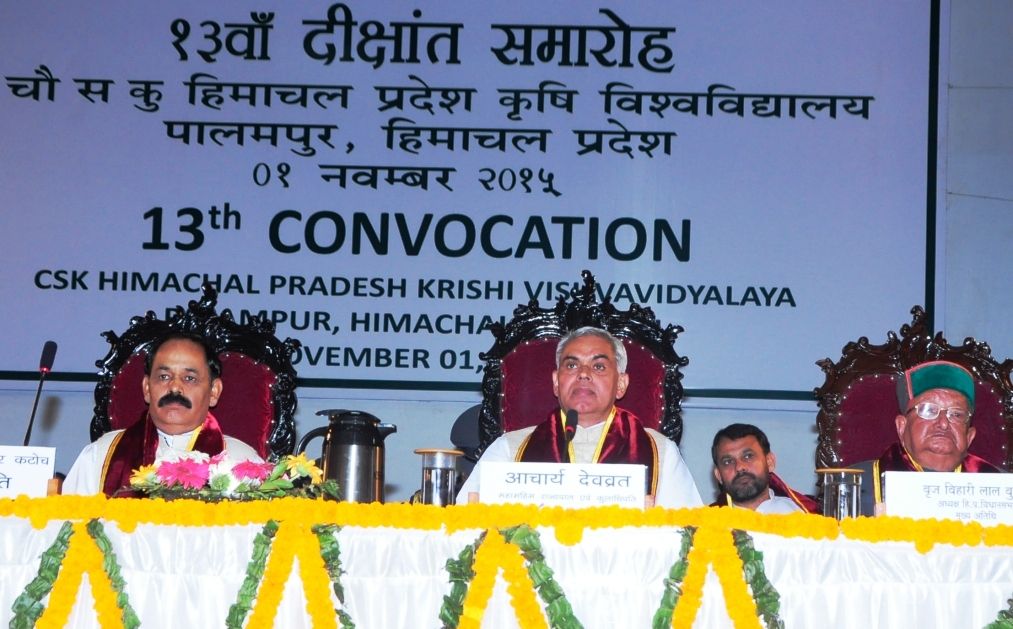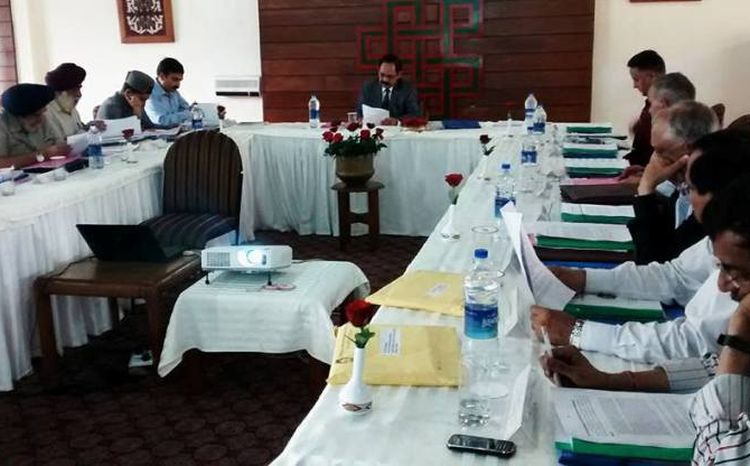Palampur: CSK Himachal Pradesh Agriculture University has unraveled horsegram genome sequence paving the way for developing genomic tools which can aid genomics assisted breeding in this potential crop.
While announcing the release of draft genome sequence of horsegram (locally known as Kulthi) variety HPK4 (Baizu), Vice-Chancellor Prof Ashok Kumar Sarial revealed that this was the first report of its kind in his university where a team of scientists has been able to complete the whole genome sequencing of any crop plant species.
The Vice-Chancellor believed that unraveling of horsegram genome sequence shall pave the way for developing genomic tools which can aid genomics-assisted breeding in this underutilized potential pulse crop and identify key genes responsible for economic traits.
Programme was funded by the Department of Science & Technology, Govt. of India and Japan Society for the Promotion of Science, Govt of Japan for two years.
He appreciated the effort of scientists Dr. Rakesh Kumar Chahota and Dr. T.R. Sharma, Professors in the Department of Agricultural Biotechnology and Dr. Sachiko Isobe, Head, Laboratory of Plant Genomics, Kazusa DNA Research Institute, Chiba, Japan for accomplishing the task.
The Vice-Chancellor asked the scientists to take this work further through translational research using the information emanating from this study. He asked the students to take advantage of various Indo-Japan Exchange programmes and imbibe Japanese in their excellent work and contribute in the nation building by hard work and scientific innovations.
Dr.R.S.Jamwal, Director of Research and Dr. H.K. Chaudhary highlighted the importance of this research work and told that horsegram was an indigenous legume of North-Western Himalayan region having many nutraceutical properties. Dr. Chaudhary said
“It is highly suitable for rainfed and marginal agriculture and has a potential to cover the risk of dry land agriculture. Due to its survival capability under drought like conditions, it has been designated as the Crop of Future. Horsegram seed is a rich source of phosphorus, iron and vitamins and contains many medicinal and therapeutic benefits. It is also suggested as an ayurvedic medicine to treat edema, piles and renal stones.”
Highlighting the importance of study, Dr. Rakesh Chahota claimed that finding will improve and develop horsegram as a commercial crop.
Dr. Sachiko Isobe, Principal Investigator from Japan gave the detailed account of genome sequencing of this legume crop and briefed the audience about the identification of 36, 000 genes in this crop species which can be precisely utilized in future breeding programmes.










